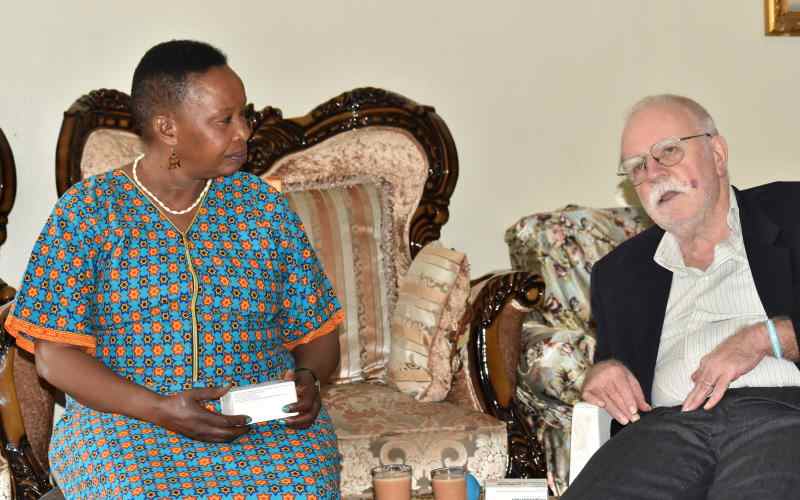
Until my retirement five years ago, I worked as a civil engineer, traversing Africa, and the rest of the world for work. My job offered me a rare opportunity to visit several relatively unknown countries that most people have never been to. My visits would last between two and three months each time and so in most cases, I travelled with my family.
In 1997, I travelled to Malawi for a construction project. That was the first time I received an indication that something was off. As I walked between the offices, I felt tremors in my feet.